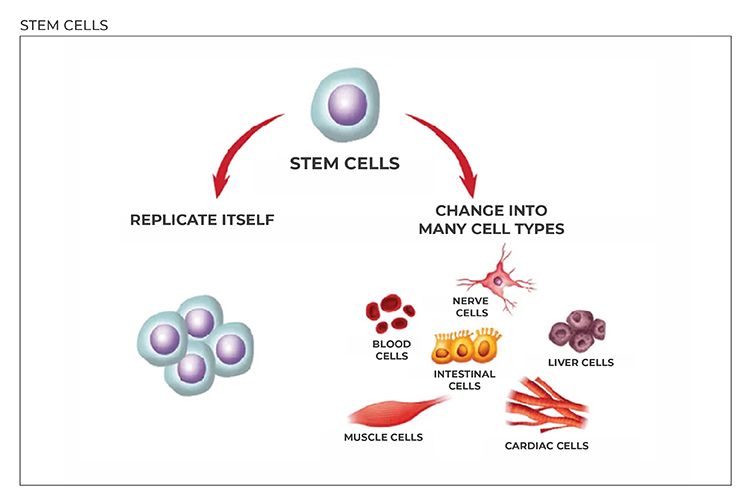Table of Contents

Could this experimental treatment reverse damages brought on by a cardiovascular disease? The heart muscular tissue depends on a constant flow of oxygen-rich blood to nourish it and maintain it pumping. During a cardiac arrest, that blood circulation is interrupted by a blockage in an artery. Without blood, the location of heart fed by the affected artery begins to pass away and mark tissue forms in the area.
The heart is a difficult body organ, the damaged parts come to be unable to pump blood as successfully as they when could. Individuals that have actually had a cardiovascular disease for that reason may face a lifetime of maintenance therapymedications and other therapies focused on protecting against one more heart strike and assisting the heart job much more successfully.
In a research study published last February in The Lancet, researchers dealt with 17 cardiovascular disease clients with a mixture of stem cells taken from their very own hearts. A year after the treatment, the amount of mark cells had diminished by concerning 50%. These outcomes seem remarkable, but are they an indicator that we're getting near to developing this therapy? "This is an area where, depending upon which investigator you ask, you can obtain exceptionally various answers," claims Dr.
"The area is young. Some research studies reveal only small or no enhancement in heart feature, but others have shown substantially improved function," he says. "We're waiting to see if other doctors can likewise achieve truly great cause other clients." Researches are generating such varied results in part because researchers are taking different strategies to harvesting and using stem cells.
Extra long-lasting tests are required to identify the function stem cell treatment will certainly have in dealing with heart condition. When might stem cell therapy come to be a standard therapy for damaged heart muscle? As of now, stem cell treatment is offered just to individuals that participate in a research study trial.
Heart problem is a significant wellness concern and affects numerous people every year. According to the Centers for Disease Control (CDC), heart illness eliminates one individual every 33 secs in the USA and is the leading reason of death for males and females across a lot of racial and ethnic groups.
Next-gen support for Heart Disease with minimal downtime
Traditional treatments (drug, way of living changes, and surgical treatment) can help patients handle signs and reduce the progression of heart condition. What regarding after a heart-related event? Unfortunately, they don't assist when it comes to repairing damaged heart cells. Heart stem cells guarantee to transform that circumstance. These cells have considerable possibility when it pertains to heart regrowth and recovery.

(divide to make more stem cells) and differentiate right into cardiomyocytes (the cells within the muscle mass that make your heart contract) for myocardial repair. That's particularly true after events like a heart assault, where components of the heart muscle mass may die due to a lack of blood flow.
They also assist enhance total heart function by releasing development aspects that urge the repair work procedure. One more advantage is that they advertise angiogenesis (the development of new members vessels) to restore blood circulation. And also, cardiac stem cells assist minimize swelling, making it easier for cells to recover and restore. Heart illness like cardiac arrest and heart failure trigger significant damages to your heart cells.

When heart cells are lost, your body typically can't regrow them.
Some already reveal positive outcomes, like improved heart function and decreased mark tissue. When it comes to heart regeneration, researchers are researching numerous types of stem cells. Naturally, each has its own benefits and drawbacks:: These cells can develop into any sort of cell, so they're very flexible.
How to access stem cell therapy for Atherosclerosis
: iPSCs are developed by reprogramming grown-up cells to act like beginning stem cells. They supply patient-specific therapy, which reduces the danger of rejection.: MSCs are easier to harvest, specifically from bone marrow or fat cells, and since they're patient-specific, there's much less risk of denial. They additionally minimize swelling and accelerate recovery.
Navigation
Latest Posts
Next-gen support for Atherosclerosis now available
Breakthrough option for Arrhythmias via regenerative medicine
Is stem cell therapy right for Heart Disease with regenerative medicine?